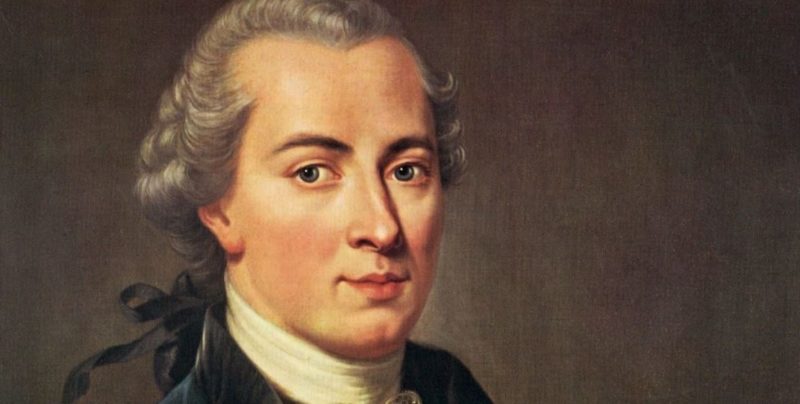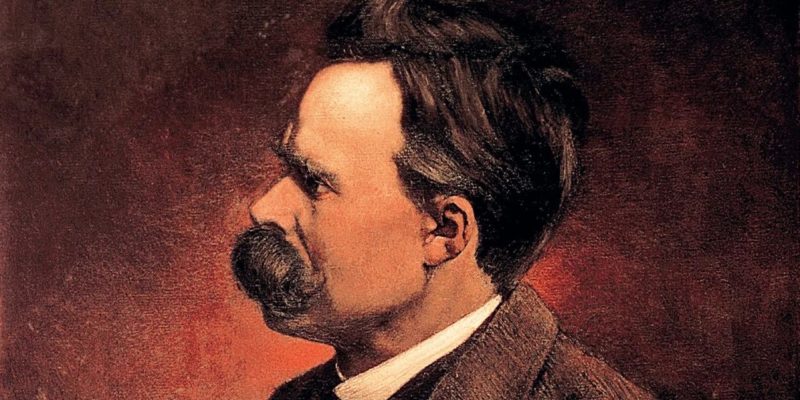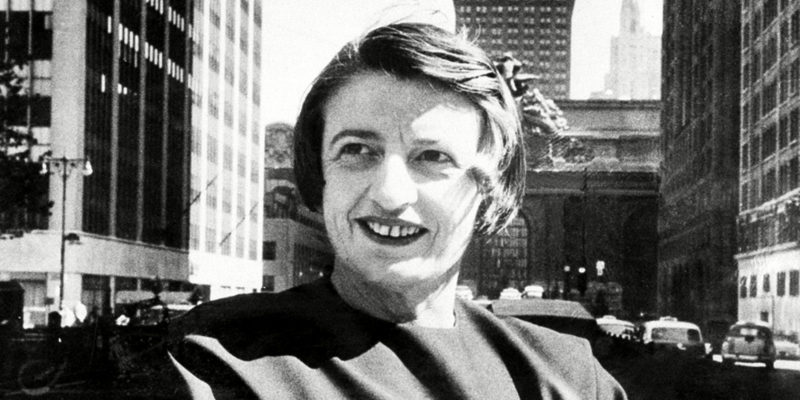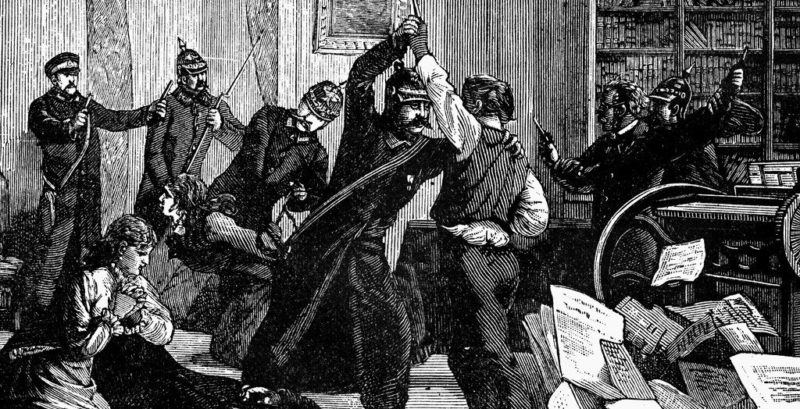We explain what nihilism is, how it originated, and what its central ideas are. In addition, to its general characteristics, classification, and more.
What is Nihilism?
Nihilism is known as a philosophical and artistic current that denies the existence of any meaning of existence . It is usually represented as the denial of the principles of transcendence, order and purpose in life , which also leads to denying its intrinsic value or considering it as irrelevant.
However, it does not consist in any form of terrorism , in the criminal denial of the life of others, nor in a belief "in nothing", but rather in the opposition to all the objective, deterministic or hierarchical meanings that give existence a mission, an unverifiable explanation.
Thus, nihilism in its original concept prefers the idea of a continuous evolution of history , without any final purpose or goal , and therefore professes the liberation of preconceived ideas about life or destiny and embraces ludic, vitalist, contrary to the pessimism with which the term is commonly associated.
Origin of the term Nihilism

The term "nihilist" comes from the Latin nihil ("nothing") . It was popularized by the Russian writer Iván Turgénev in his 1862 novel Parents and Children , where he explains it as a political stance opposed to all authority and all principles of faith. From there the term spread in imperial Russia, frowned upon by conservative sectors, and embraced by revolutionaries.
However, the term dates from a letter sent to the philosopher Fichte by Friedrich Heinrich Jacobi at the end of the 18th century (1799), in which he uses it as a criticism of the ideas of Immanuel Kant.
In the long run, the term "nihilist" would become a mockery and insult for the young and radical generations who, by opposing the traditional order, were accused of "believing in nothing."
Background of nihilism
The clearest antecedents of nihilism are in the Cynic school of philosophical thought of Ancient Greece , founded by Antisthenes in the 4th century BC. c.
The Cynics criticized the prevailing order and morality through satire and the practice of "anaideia": shamelessness, provocation, irreverence. They were also attributed the indifference regarding good and evil as clear and recognizable concepts (the "adiaphoria") and the freedom to speak (the "parrhesia").
Central ideas of nihilism

Although there is no single doctrine of nihilism as an organized whole, we can summarize its fundamental approaches in:
- That life does not have a meaning per se and therefore there is no "correct" way to live it.
- That existence is ephemeral and vain, therefore it is up to the human being to decide what he does with it in full and absolute freedom.
- That religion, ideology, morality and other doctrines are nothing more than thought control mechanisms in favor of a status quo .
- That being aware of the existential emptiness is a form of freedom.
Russian nihilism
Russian nihilism is known as a generation of young artists in tsarist Russia under the rule of Alexander II, who took advantage of the granting of certain civil liberties (such as the freedom of the press) to react against old religious, moral and idealistic ideas, ridiculing them and combating them through stark sincerity, bad taste and contemptuous provocation. These attitudes served Turguénev for his generational portrait in Fathers and sons (1862).
Philosophical nihilism

Nihilism in philosophy is linked to the work of two great German philosophers: Frederick Nietzsche and Martin Heidegger .
The first used that concept to describe Christianity. Nietzsche explains that the Christian religion is nihilistic because it refuses to find meaning in ordinary, everyday life, preferring the daydream of an afterlife free of mortality and suffering. Nietzsche called this emptiness "the death of God ."
Heidegger, for his part, described it as the state in which "nothing remains of being in itself" , since this doctrine would consist of the reduction of being to a mere value. It is assumed a movement that continues the Western consciousness and is based on three principles:
- The negation of all current values.
- The self-affirmation of that initial denial.
- The construction of a new starting point.
Types of nihilism
Two forms of nihilism are commonly known:
- Active or positive nihilism. Understood as the denial of all forms of dogmatism to surrender to freedom and the thousands of possible life options.
- Passive or negative nihilism. Understood as the denial of ethical principles that often leads to self-destruction and neglect.
Nihilism in literature

Literature has used nihilism on several occasions . Russian literature, above all, in the names not only of Turgenev, but of Anton Chekhov, in particular in his work The Three Sisters , where the phrase "What does it matter?" it is often used as a response to the events of the narrative .
On the other hand, for authors such as the philosopher and writer Ayn Rand, nihilism represents the denial of an indispensable vital spirit , and that is why her antagonistic characters often respond to the precepts of this doctrine.
Finally, the work of the Marquis de Sade has also often been cataloged as nihilistic in its radical satire on the moral values of his time.
Nihilism in the movies

Similarly, contemporary cinema has echoed various nihilistic explorations, in films as varied as The Matrix (1999), where existential questions point to a philosophical break with reality; Fight Club (1999), when the antagonist undertakes a liberating feat of the prevailing social values, instead embracing the insignificance of existence; or even comedies like The Big Lebowski (1998), in which the characters are branded as “nihilists” in response to their lack of life aspirations.
Nihilism in politics

The extreme political current of anarchism often finds points of contact with nihilism, especially in its skepticism regarding social, hierarchical or religious values that allow the control of human life based on a "correct" model of living.
In fact, Russian nihilism was the cradle of many anarchist groups that would later fight for the disappearance of the State.
The popular concept of nihilism
The term “nihilist” has been commonly used in popular culture as a synonym for rebellion (often a very naive, adolescent-related one) if not pessimism, depression, despair, or even suicide. None of these connotations have a real link to the original concept.
The above content published at Collaborative Research Group is for informational and educational purposes only and has been developed by referring to reliable sources and recommendations from technology experts. We do not have any contact with official entities nor do we intend to replace the information that they emit.
Luke is passionate about fostering student involvement and connection. He studied psychology for his major and likes learning about the past. Luke aims to specialize in artificial intelligence and cybersecurity. .
Leave a reply
Your email address will not be published. Required fields are marked *Recent post

Sport: What Is It, Types, Risks, Features, Characteristics and Examples

Dogs: Emergence, Features, Characteristics, Feeding and Breeds

Story: Definition, Elements, Structure, Features and Characteristics

